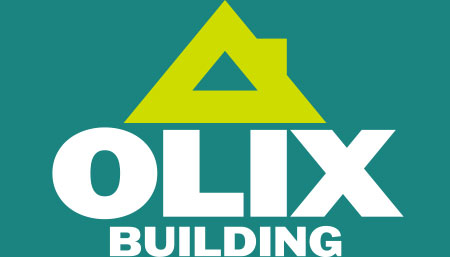Here’s a list of some of the things involved in getting ready for your building project.
There’s more information on our Questions page.
Getting started
Olix can manage all facets of the Council application and approvals including Sydney Water checks where necessary.
We ensure the application complies with all requirements. Talk to us.
Alternatively, you or your architect/designer can manage the Development Application (DA) process and once council approval is received, Olix will arrange a time to discuss the construction program.
Construction is scheduled in approximate order of approvals.
Planning instruments
Visit the NSW Planning Portal to find out how the Local Environment Plans (LEPs) and State Environment Planning Policies (SEPPs) will impact the modifications you can make to your property.
LEPs and SEPPs control aspects such as:
- designated setbacks (how close to the property lines you can build)
- site coverage limits (how much of your block can be covered with a building or a hard surface)
- how your project will impact the houses of those around you, especially in terms of solar access.
Insurance
All home building projects over $20,000 require Home Building Compensation Insurance. This is taken out by the builder on behalf of the homeowner.
This insurance provides protection for the homeowner to cover the costs of repairs if needed in the future if the builder is no longer trading.
In 2014 the NSW Government Home Building Compensation Fund took over the provision of this insurance from private insurers.
It is mandatory for the builder to provide the homeowner with this insurance.
Basix
BASIX is the NSW Government’s building sustainability index.
It applies to residential construction projects over $50,000 and to pools over 40,000 litres.
BASIX uses specific formulas to calculate anticipated water consumption, greenhouse gas emissions and expected thermal performance of the residence.
The online BASIX assessment will be completed by Olix or the designer/architect as part of the submission process.
A BASIX certificate is a requirement of building approval.
Once all the approvals have come through and the contract is signed, these are some of the things that you might want to consider before the building begins.
Disruption
Despite the anticipation of the improved lifestyle your building project will provide, construction is disruptive.
Material and equipment delivery and storage, excavation, and construction noise all contribute to this.
Throughout the building process, and at the conclusion, Olix will clean your site and remove all rubbish.
Plan ahead
Lawns or gardens may be impacted by the building process and increased traffic in that area, so it’s a good idea to move garden furniture and protect individual plants if they are tender and precious.
Pets can also be disturbed if they are used to having the yard to themselves.
Nail guns and power tools can also unsettle pets, especially dogs used to a quiet life 🙂
Power and services
Olix may require access to power and water. We do have a small generator but it’s noisy and so running extensions cords from your power is often preferable.
If your job is a large one, we may install a site toilet on your property, otherwise, occasional access to your bathroom would be appreciated.
If that’s not suitable, please let us know and we will happily make other arrangements.
Compliance
Olix follows all work, health and safety regulations as outlined by SafeWork NSW.
We are fully insured and do not employ contractors without correct licences and tickets.
If you, the homeowner, employ contractors independently of the contract you have with Olix, we cannot be held responsible for the work they do.


